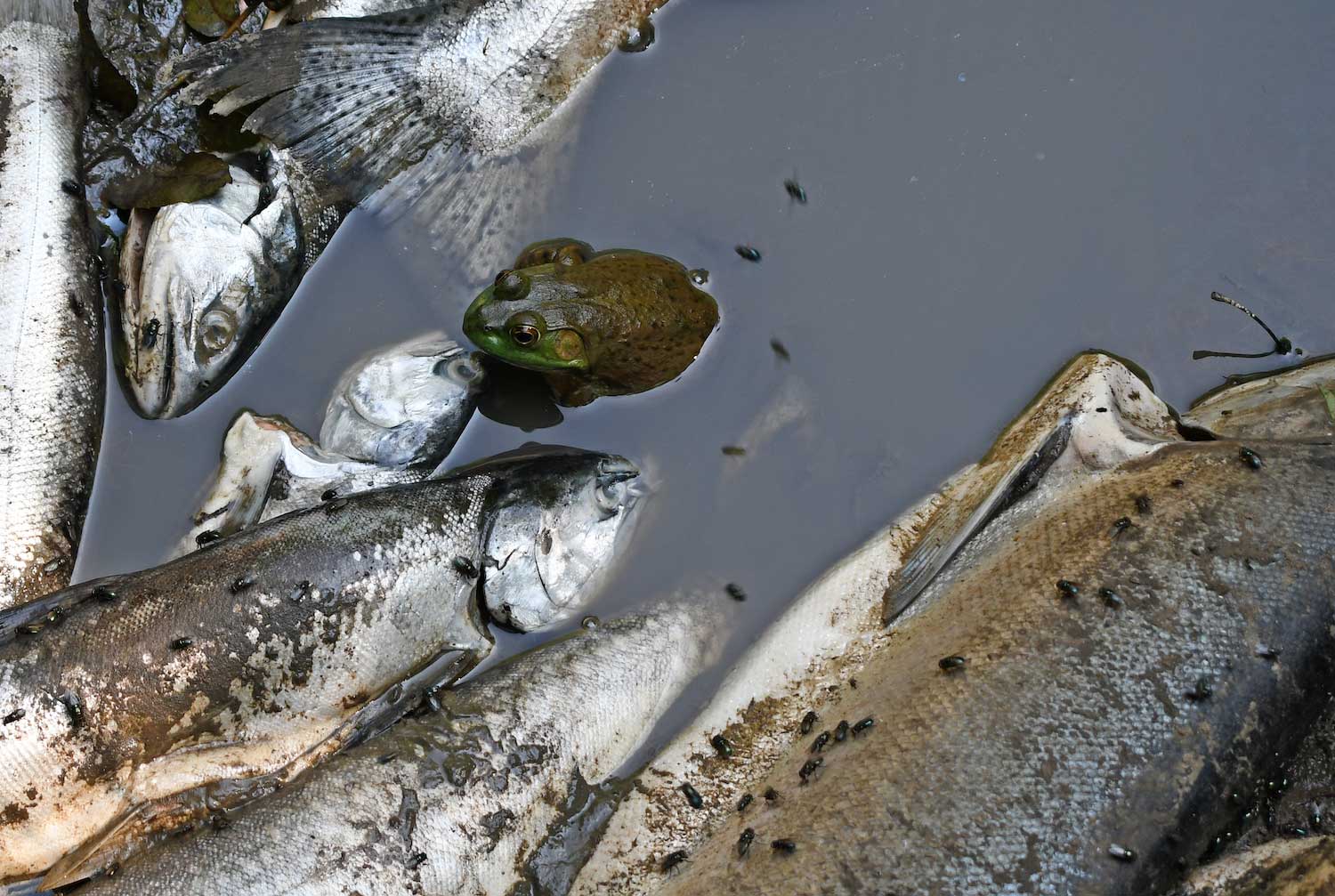Nature curiosity: How do flies find garbage and other stinky things?

Nothing can find a stinky pile of garbage or animal waste faster than a fly, but how do they do it?
The fly order of insects is vast one, and not all of them are attracted to what we consider stinky smells. Many insects are generically referred to as flies, but insects that are classified as flies have only one pair of wings instead of two pairs, which most other insects have. These insects belong to the order Diptera, which includes more than 111,000 species, according to the Smithsonian Institute. Among the many insects included in the order Diptera are fruit flies, crane flies, robber flies and even mosquitoes. The flies that first come to mind for most people, however, are nuisance flies such as houseflies, blow flies and flesh flies.
These nuisance flies, also called filth flies, are known for their food preferences, which mainly include carrion, manure/animal waste and garbage. And if you've ever seen them in action, they can seemingly find these stinky things in a hurry. It may seem like it takes only a matter of seconds for flies to find a fresh pile of dog waste in your yard, and they seem to hone in on stinky garbage in a hurry too.
Each type of fly is attracted to different sources of stink based on where they lay their eggs. Houseflies usually lay their eggs in manure, so we see them on animal waste. Flesh flies lay their eggs in carrion, while blow flies will lay eggs in either garbage or animal carcasses, the Illinois Department of Public Health reports.
While our sense of smell allows us to hone in on the source of something that stinks, flies sniff them out in another way. They don't have noses like we do, so they rely on their antennae to lead the way. Flies have two antennae on their heads, and they are covered in fine hairs that contain sensory receptors for certain smells, according to Discover magazine. When the smell hits those receptors, it sends a signal to the fly's brain and the fly will travel to the source of the smell.
Because flies rely on these stinky sources as a place to lay their eggs, it's mainly female flies that quickly hone in on them, Discover reports. Males aren't as attracted to the smells of manure, garbage and rotting flesh, but they will go to these spots because they know they are good places to find a female mate.
Flies can find their preferred egg-laying spot from quite a distance too. Blowflies, which typically lay their eggs in rotting flesh, can smell a decaying animal carcass from 8 miles to 10 miles away, the University of North Dakota reports. And because flies like these so quickly swarm to decaying flesh to lay their eggs, they can be useful in criminal investigations when investigators are trying to determine a timeline of events.
So what happens once the flies find the stinky source they were looking for? The females will lay their eggs in the decaying organic matter. The number of eggs varies from species to species, but it can be upwards of 100 at a time. These eggs then hatch into maggots, which is the larval stage of flies, the University of Minnesota Extension reports. They maggots grow and develop and then look for a dry place to pupate, a stage during which they are immobile and covered with a hard shell. Eventually the adult flies will emerge from these pupae, usually after between one and two weeks.
The mere presence of these flies is often considered a nuisance when they make their way into our homes, but filth flies can pose health hazards as well. They can spread diseases such as dysentery and food poisoning, and they can contaminate food and food preparation areas when they land on them, the Illinois Department of Public Health reports. Because they can spread bacteria and disease-causing organisms, refer to the state health department for proper management and control practices.
